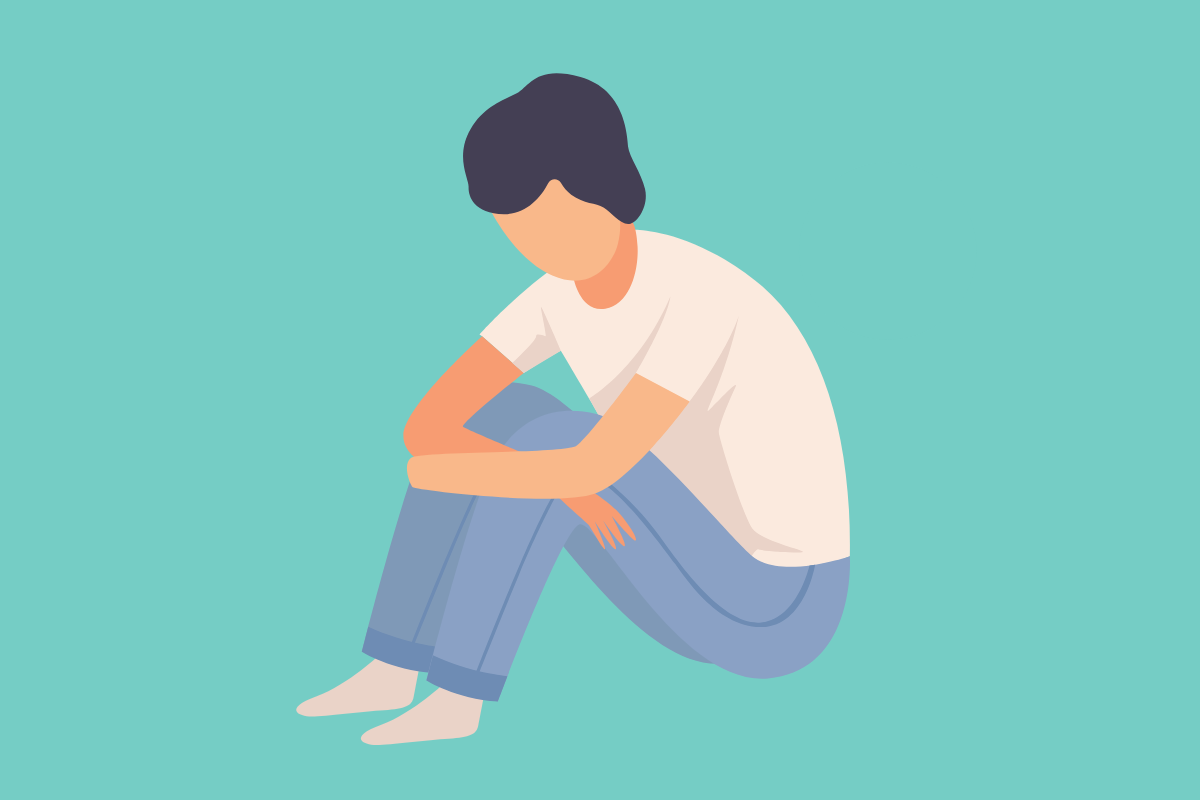All posts
Self-Isolation and Depression
Social interaction is a fundamental human need – so it’s no wonder the global ‘social distancing’ movement is causing some of us to feel disconnected and lonely. But while self-isolation is impacting everyone, people with existing mental health issues like anxiety and depression may feel particularly vulnerable while physically distancing themselves. Relationship and Family Counsellor Val […]


Social interaction is a fundamental human need – so it’s no wonder the global ‘social distancing’ movement is causing some of us to feel disconnected and lonely.
But while self-isolation is impacting everyone, people with existing mental health issues like anxiety and depression may feel particularly vulnerable while physically distancing themselves.
Relationship and Family Counsellor Val Holden sheds some light on how this tough time might be impacting our mental health and shares some tips for people who are feeling down in self-isolation.
How Social Distancing Impacts Mental Health
If you’re feeling a little out of sorts or downright miserable due to the coronavirus restrictions, you’re not alone. As we keep hearing, these are ‘unprecedented times’ that we’ve never experienced before, and it’s hard to know how to handle such upheaval.
Val explains that it’s normal for people to feel down when our usual routine has been tipped on its head.
“When people can’t get out and do what they normally do and they’re stuck at home, sometimes on their own, life can become very lonely and small,” she says.
“Just to be able to get out to walk on the beach, have a walk around the shops, or go and do the normal things you do in a day is very rewarding and takes you out of yourself. To be stuck at home inside the same four walls all day can become very much like a prison – whether you are mentally well or not.”
“If you couple this with anxiety around your own health and safety, it can compound and become a much bigger issue than just staying at home,” Val explains.
For some, the coronavirus (and a rough start to 2020 in general) has exacerbated symptoms of existing mental health issues. For others, it’s triggered symptoms of depression and/or anxiety that may not have been previously present. And while depression, anxiety, and other mental conditions aren’t something we can simply switch off, Val advises that there are ways we can attempt to improve our mood at this time.
“Depressive feelings and anxiety are not something we can always control,” she says. “People talk of them coming over them in waves, and the feeling of being out of control. But we can control some things in our lives – so start trying to control the little things. Get out of bed, make a nice meal, ring or contact a friend; push yourself to take control of yourself again.”
Warning Signs of Depression
Everyone feels down from time to time. It’s a normal part of life, and if you ask us, a global pandemic is a pretty understandable trigger for feelings of hopelessness and despair.
Some of the signs and symptoms of depression might include:
- Feeling overwhelmed, irritable, disappointed, and sad
- Withdrawing from friends and family
- Not doing usual enjoyable activities
- Not finding joy in things you normally would
- Finding it hard to concentrate
- Relying on alcohol and other substances
- Feeling tired or run down all the time
- Loss or change in appetite
- Changes in sleep patterns.
“Withdrawing into yourself, not answering text messages, phone calls, or being on social media could all be warning signs,” Val adds.
Practical Tips to Cope
Of course, everyone’s experience with depression and other mental illness is unique, and it’s often best to seek professional advice specific to your individual circumstances. But there are a few things you can do at home if you’re feeling down in self-isolation.
Val recommends keeping yourself busy and taking advantage of some extra free time to do things you enjoy or have been putting off.
“Find a hobby, or do something you have always wanted to do but have never had the time,” she says. “Pull out that jigsaw puzzle you never started, read a book that’s been on your bookshelf for ages, find a funny movie to watch, go for a walk, or plan a trip for when things are better. Push yourself to make contact with family and friends via phone, Zoom, or social media.”
During this time of disruption, it’s important to try and maintain as much ‘normal’ as you can.
“Try and make an effort to have a routine in your life,” Val suggests. “Even if you don’t have to leave the house, keep to a routine. Get up and shower, have something to eat, find a nice sunny spot to have your morning coffee.”
Val also recommends limiting exposure to news and newsfeeds around the coronavirus, and reminds us that ‘this too shall pass’.
“Life may change, but it does go on,” she says. “Family and friends care and just want to know you are OK.”
If you’re struggling to cope on your own, you can access our counselling over the phone or via Zoom video chat. Call 1300 364 277 Mon-Fri 8am-8pm or Sat 10am-4pm to make an appointment.
Worried your partner might be having a tough time? Check out our tips for how to support a partner with depression.
Back to all posts